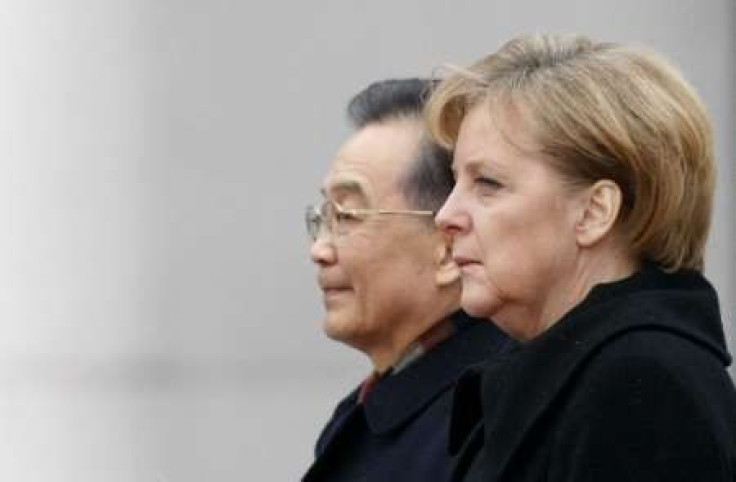German economic sentiment continues to improve

German economic sentiment rose more than expected in December, posting an increase for a second consecutive month.
The ZEW Indicator of Economic Sentiment for Eurozone’s largest economy rose 2.5 points to 4.3 points in December, from 1.8 points in November. The indicator increased by 9 points in November.
Markets had expected the index to rise to 3.9 points in December.
“The headline ZEW index rose from +1.8 to +4.3, indicating that more investors expect German economic conditions to improve than to deteriorate over the next six months,” said Ben May, an economist with Capital Economics.
After a strong increase in the previous month, economic expectations for Germany seem to stabilise in December. Besides impulses from export activities, economic stimulus is also expected from domestic demand, supported by a positive labour market development and low real interest rates,” said Wolfgang Franz, ZEW President.
However, the ZEW Indicator in Germany still stands much below the historical average of 26.9 points.
Separately, Eurozone’s industrial production rose 0.7 percent in October after falling sharply by 0.7 percent in the previous month.
“The rise in German ZEW economic sentiment in December and October’s increase in euro-zone industrial production confirm that the euro-zone recovery has not yet run out of steam,” said May.
However, the indicator for current economic situation in Germany remained unchanged at 81.5 points in December.
“For now, then, it seems that investors see the recent upbeat global data and the weaker euro as more than offsetting the negative effects of the euro-zone fiscal crisis on the German economy,” said May.
German gross domestic product (GDP) growth slowed to 0.7 percent in the third quarter after increasing sharply by a revised 2.3 percent in the second quarter, according to the Federal Statistics Office.
According to the German economic ministry’s estimate in October, the economy will see the fastest growth in over 19 years at 3.4 percent in 2010, boosted by stronger exports.
“Nevertheless, necessary budget consolidations across many countries in Europe and the prospect of a more contractionary monetary policy in China are among the risk factors for German exports,” said ZEW.
© Copyright IBTimes 2024. All rights reserved.











